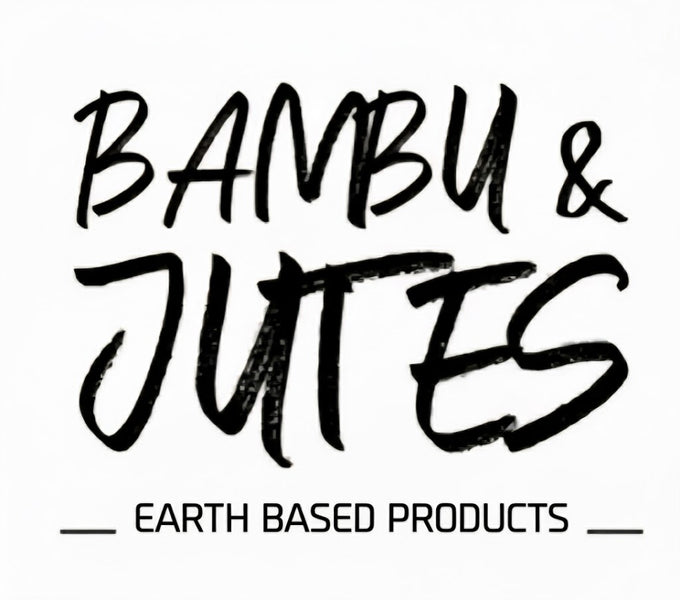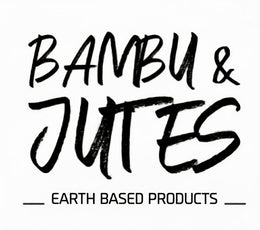Vegan Processed Foods: Healthy or Unhealthy?
In recent years, the vegan diet has surged in popularity, driven by concerns over health, environmental sustainability, and animal welfare. This shift has spurred a dramatic increase in the availability of vegan processed foods, ranging from meat substitutes to dairy-free cheeses and beyond. But amidst this growing trend, a critical question arises: Are vegan processed foods actually healthy, or does their processed nature undermine the health benefits commonly associated with a plant-based diet? Let's explore this question by examining the nutritional aspects of vegan processed foods, the health implications of consuming them, and the factual basis underpinning common perceptions.
Understanding Vegan Processed Foods
Vegan processed foods are products that do not contain any animal ingredients but have undergone substantial processing from their original form. This category includes a broad spectrum of products, from highly processed meat and cheese substitutes to less processed items like canned beans or plant-based milks. The degree of processing and the ingredients used can vary widely, which directly impacts their healthfulness.
Nutritional Considerations
The healthiness of vegan processed foods can vary significantly based on their ingredients and nutritional composition. Some products are fortified with essential nutrients that vegans may find challenging to obtain from a plant-based diet alone, such as Vitamin B12, iron, calcium, and omega-3 fatty acids. These fortified foods can help fill nutritional gaps and support overall health.
However, not all vegan processed foods are created equal. Some may be high in added sugars, saturated fats, sodium, and artificial additives, which can negate the health benefits of a plant-based diet. For example, vegan junk foods, such as cookies, chips, and sugary beverages, may be devoid of animal products but are still detrimental to health if consumed in excess.
Health Implications
The health implications of consuming vegan processed foods depend on their consumption in the context of an overall diet. Incorporating whole, minimally processed plant foods (such as fruits, vegetables, whole grains, nuts, and seeds) as the foundation of a vegan diet is crucial. These foods provide a wealth of essential nutrients, fiber, and phytochemicals that support optimal health.
On the other hand, relying heavily on highly processed vegan foods can lead to nutritional deficiencies and health issues associated with high intakes of unhealthy fats, added sugars, and sodium. Therefore, while vegan processed foods can be part of a healthy vegan diet, they should not dominate it.
Fact or Fiction?
The debate over the healthfulness of vegan processed foods is often fueled by misinformation and a lack of understanding. Scientific evidence suggests that a well-planned vegan diet, rich in whole plant foods and supplemented by fortified processed foods when necessary, can support health and reduce the risk of chronic diseases. However, the assumption that all vegan processed foods are inherently healthy is a misconception. The key to a healthy vegan diet lies in the balance and quality of foods consumed, rather than the mere absence of animal products.
Conclusion
In conclusion, vegan processed foods can range from healthy to unhealthy, depending on their ingredients, nutritional content, and the overall dietary pattern in which they are consumed. While they can offer convenience and diversity to a vegan diet, their health implications vary. It's essential to read labels, prioritize whole plant foods, and treat processed foods as supplementary rather than foundational. As with any diet, balance, variety, and nutritional adequacy are paramount to achieving and maintaining good health













